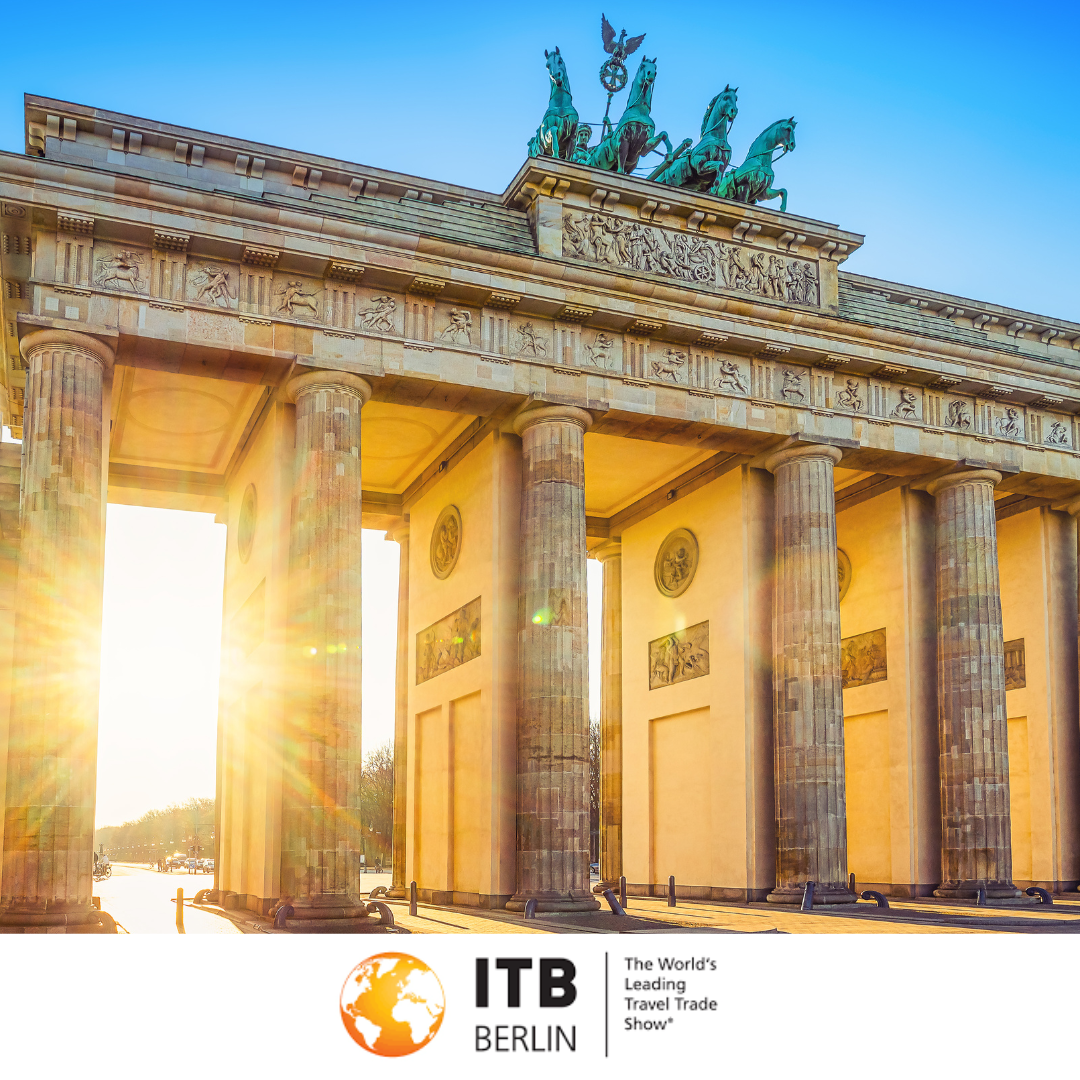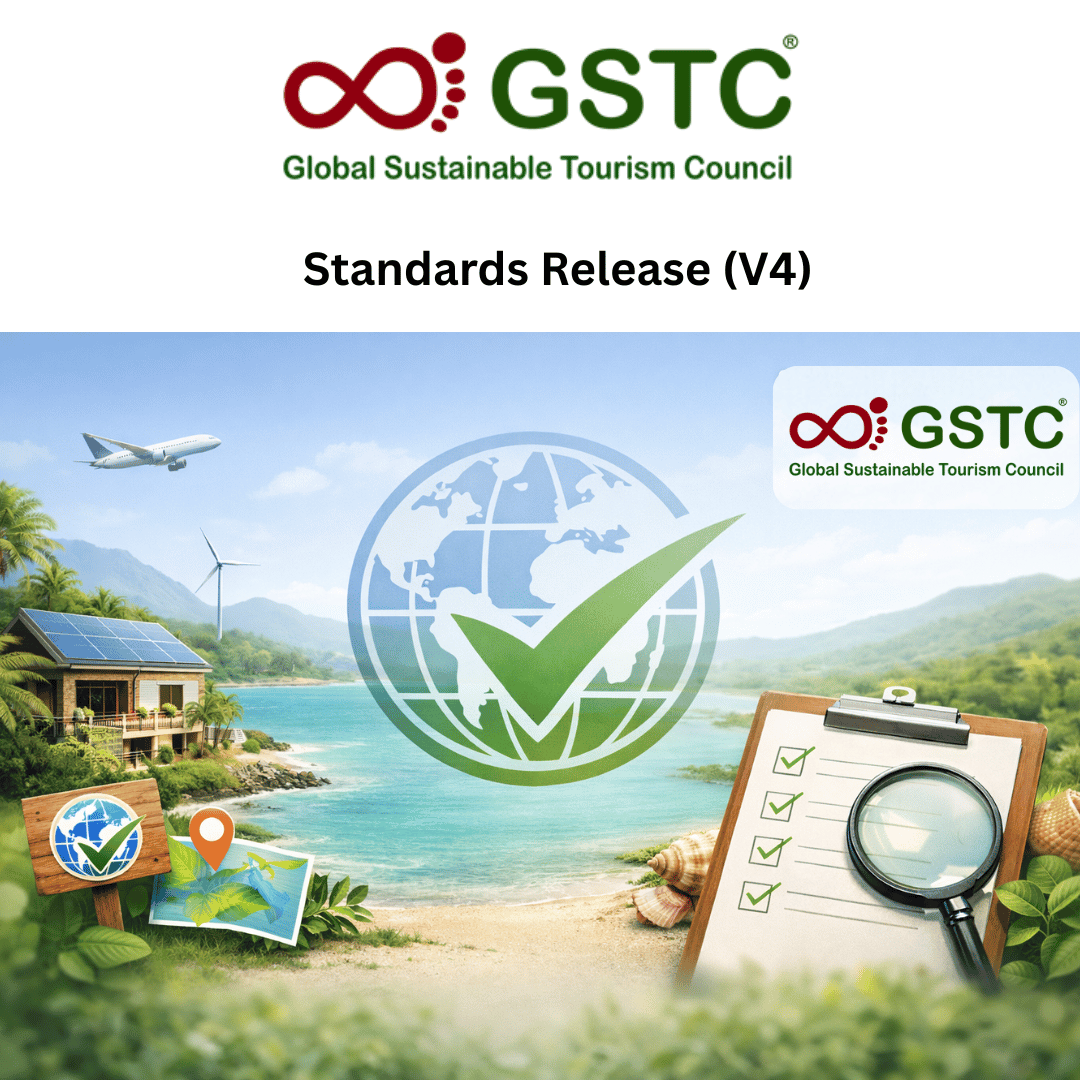ITB Berlin 2025, held from March 4 to 6 at the Berlin Exhibition Grounds, marked a significant milestone in the global travel industry. Under the slogan “The World of Travel Lives Here,” the exhibition hosted over 5,800 exhibitors from 190 countries and welcomed 100,000 attendees. The atmosphere was filled with optimism, with discussions centered on a promising business climate and exciting future prospects for the industry.
Key themes at ITB Berlin revolved around major trends such as digital transformation, sustainable tourism, and post-pandemic travel recovery. This is different to ITB Berlin previous years, and you can read the review from here.
Key Highlights from ITB 2025:
- The travel industry is optimistic with 2024 global travel demand reaching 2019 levels, with year-on-year outbound travel rising by 13%.
- Experts emphasised that future growth depends on balancing tourism with environmental resources, driving a shift towards more eco-friendly practises.
- ITB Berlin showcased 35 unique technologies that are redefining global tourism. Sustainable mobility options, smart booking systems, and AI-powered travel support were among the diverse solutions showcased.
-
Over 60 panels across 17 themed tracks were held under the theme “The Power of Transition Lives Here“. More than 400 global speakers held offered deep insights into the evolving travel landscape and a major highlight was the introduction of the AI Track, focusing on the transformative impact of artificial intelligence in travel.
The global travel industry is ever changing and ITB Berlin 2025 shone a light on 11 insights that the industry will need to focus on over the coming year(s):
-
Rising Demand
The demand for holidays is on the rise, despite rising travel costs. There is consistent demand showing in mature markets like Europe and North America, but a rapid growth of tourism in growing regions like Asia. -
Stronger Resilience
After the steep declines during the pandemic, the travel industry made a remarkable recovery in 2024, proving its ability to bounce back from crises. This underscores the need for businesses to invest in long-term resilience strategies to navigate future challenges. -
Greater Flexibility
Geopolitical shifts and climate change are introducing new uncertainties, making adaptability and innovation crucial. Agile processes and systems must be put in place to respond quickly to changes in destination conditions and traveler choices. -
New Responsibilities for Destinations
Over-tourism and environmental degradation are pushing destinations to prioritise sustainable tourism. Regional and local tourism organizations must balance economic growth with sustainability, ensuring that tourism benefits local communities while preserving natural resources. -
AI as a Game Changer
Artificial intelligence and data-driven decision-making will define the future, requiring companies to invest in automation and data management to stay competitive. -
Customer Communication Revolution
AI-powered tools (such as chatbots and voice-controlled booking assistants) are transforming travel planning with personalised real-time recommendations and itineraries becoming the norm. Integrating AI whilst maintaining trust and authenticity is important for businesses. -
Trust as a Competitive Edge
With an overwhelming amount of travel information online, the risk of misleading reviews and algorithm-based manipulation is growing. Businesses that build credibility through transparent communication, verified information, and strong security protocols will gain a competitive advantage. -
Traditional Providers Under Pressure
Large tech platforms dominate the AI-driven travel landscape, leaving mid-sized tour operators and distributors struggling to keep up. While major corporations fully integrate AI, smaller businesses often lag behind with limited pilot projects. -
Sustainability as an Ongoing Challenge
Addressing climate change and enforcing sustainability standards remain long-term priorities. As some governments deprioritise environmental initiatives, private sector efforts and NGO-led sustainability projects are becoming more critical. AI-driven solutions can support these goals by optimising resource use and reducing environmental impact. -
Growing Demand for Authenticity
Younger travelers prioritise unique experiences over specific destinations or accommodations. The demand for authenticity—rich cultural interactions, meaningful experiences, and immersive travel—can be met through personalised AI-driven engagement. -
Workforce Shortages Persist
The industry continues to struggle with a labour shortage, particularly in hospitality and tourism-related professions. Attracting talent, offering flexible working conditions, and fostering a strong company culture will be key to addressing this challenge.
As part of the excitement of ITB Berlin, The HOTEL Yearbook launched its 2025 edition. This edition gives an in-depth exploration of key trends, transformative technologies, and emerging best practices shaping the future of hospitality, with seven major themes explored:
- AI & Data Management for Sustainability – Can artificial intelligence help hotels monitor and minimise their carbon footprint?
- Operational Efficiency & Waste Reduction – Leveraging technology to cut food waste and optimise resource use.
- Green Building & Smart Tech – Innovations in automation and energy efficiency shaping the future of hospitality.
- Sustainability Certifications & Standards – The evolution of frameworks like the EU Green Claims Directive.
- Social Impact & Workforce Protection – Balancing sustainability and automation while safeguarding hospitality jobs.
- Education & Industry Innovation – Preparing hospitality professionals for a more sustainable future.
- Biodiversity & Resource Conservation – The role of hospitality in driving environmental stewardship
Browse the 2025 edition of The Hotel Yearbook here.
ITB Berlin brought key topics and challenges to the forefront of the industry and provided an excellent platform for industry leaders to come together. The travel and tourism is performing significantly well, but must position itself to overcome future challenges and ongoing global changes.
Save the date for the next ITB Convention from 3 – 5 March 2026!
To read about real life case studies of sustainability in hospitality, check out our case studies.







